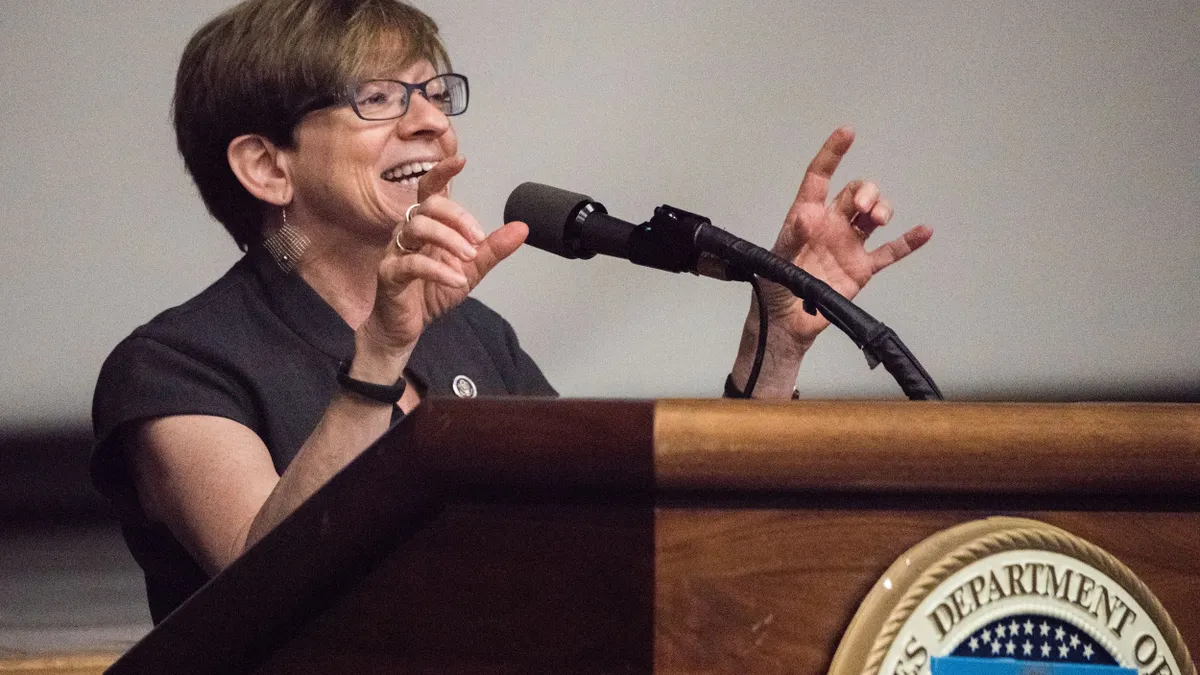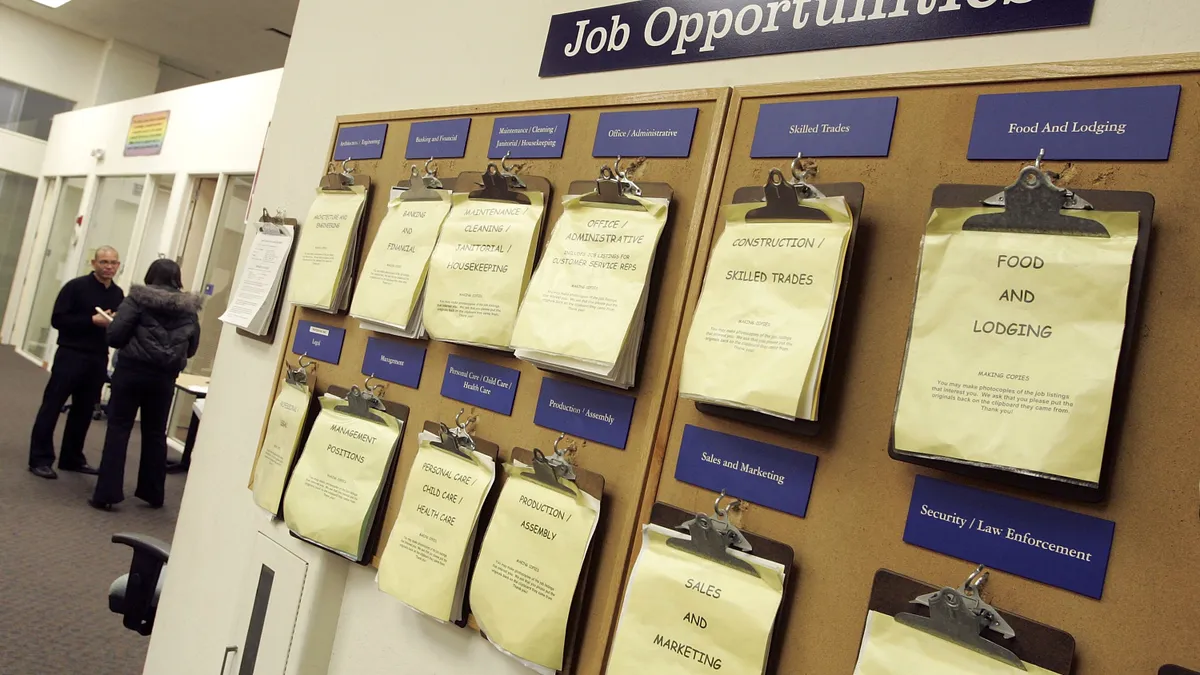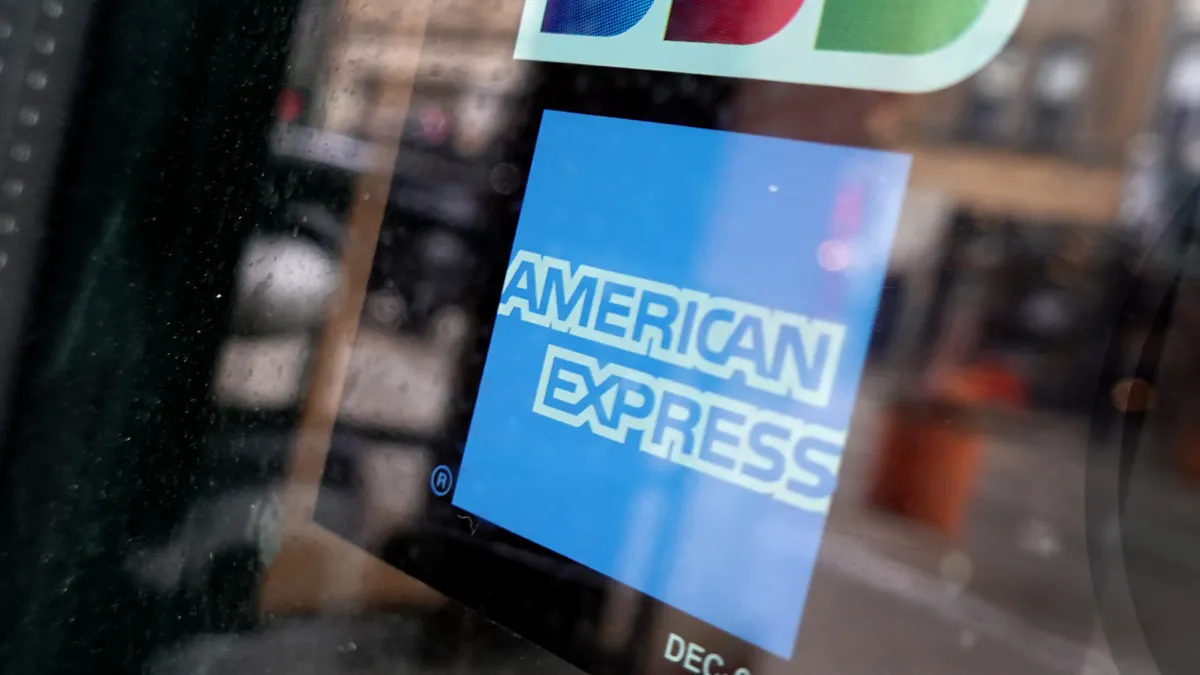For diversity, equity and inclusion work, 2023 proved tough. At the top of the year, Gov. Greg Abbott brought the hammer down on DEI initiatives, of all kinds, at Texas state institutions. By casting a DEI-minded approach as unconstitutional, the memo had a chilling effect on diverse hiring at higher education institutions in the state.
Then in summer 2023, the U.S. Supreme Court held that race-conscious admission programs at Harvard University and the University of North Carolina’s were unconstitutional. This subsequently created precedents for politically aligned states to follow, setting off alarm bells for DEI-minded employers.
Some legislative moves, while requiring more work from HR potentially, pushed important DEI goals. In May, New York City banned size discrimination in employment; in June, the Pregnant Workers’ Fairness Act took effect, filling in gaps in the Americans with Disabilities and Civil Rights Acts. That month, SCOTUS also limited when employers can cast practices related to a worker’s sincerely-held religious beliefs as an undue hardship.
So, what does 2024 have in store? While there’s no crystal ball on which DEI-focused employment laws will be passed or how SCOTUS will rule on sociocultural issues, talent experts are forecasting that technology will become more valuable than ever in moving DEI efforts along.
Here are three trends for DEI in 2024, tied together by the shared thread of technology.
Trend 1: DEI accountability becomes more concrete
Data-driven DEI will be a major trend for 2024, said Paul Rubenstein, executive at people analytics company Visier, citing the need for brass-tacks accountability as the reason why.
“Pledges and statements are nice. But data lights the path to accountability and change,” the chief people officer said. Rubenstein added that demographic data can be both “a mirror to the set of choices you just made, and as a compass toward the set of choices you should make.
Trend 2: Company-wide data access nudges progress along
Characterizing 2024 a “golden age” of people data, Rubenstein suggested that demographic data goes beyond HR departments — and “into the hands of front-line managers, who are the ones who actually make the decisions that impact outcomes on belonging.”
At performance review time, DEI-driven data becomes useful: “We can see patterns that are more factual than anecdotal,” Rubenstein said. A strong data-gathering process can keep track of information such as which employees get invited to meetings or get called on for certain projects.
This practice can help solve for what workplace experts call the broken rung of career advancement. The “broken rung” is a common area where employees from underrepresented backgrounds fail to be promoted typically due to race, gender, sexuality or ability bias from higher-ups.

Recent data suggests this phenomenon disproportionately affects hourly workers: Less than a third of these workers said they had opportunities for advancement in 2022. Likewise, 38% said they lack medical insurance, half said they lack dental coverage, more than half don’t have vision coverage, and almost 70% said they don’t have life insurance.
Something as simple as data that keeps track of talent performance progress, for example, can change the trajectory of a marginalized worker’s life.
Trend 3: HR starts delegating DEI responsibilities
Building on the idea of allowing managers access to DEI data, Rubenstein underscored how managers are the ones who affect the outcomes discussed in pulse surveys. Managers are also responsible for shaping demographic data, he said.
This group of workers may be a crucial but overlooked factor in DEI objectives’ success. In an op-ed, KPMG’s CDEIO Elena Richards argued that taking a DEI-focused approach to manager training — especially one that holds space for neurodiversity — can help keep all kinds of talent remain engaged and retained.
Longevity depends on employer views on DEI
Rubenstein also suggested employers shift their paradigm to have DEI initiatives that stick. The sentiment echoed complaints of DEI practitioners in the past, regarding business leaders’ lack of ownership over DEI objectives.
“Diversity isn't a trendy topic for people to come in and out of based on external pressures. It's got to be intrinsically motivated,” he said, adding that the goal of DEI work is not to have “a good workplace.” Diversity is important “because it is good for talent, because it is intrinsically motivated, because it is a moral thing to treat everybody fairly.”
When it comes to DEI data collection, Rubenstein asks HR pros, “How else do you guide people and help them align around something, especially when you don't want it to be optional?”






















